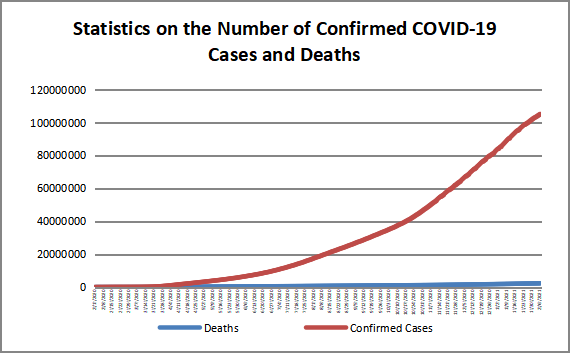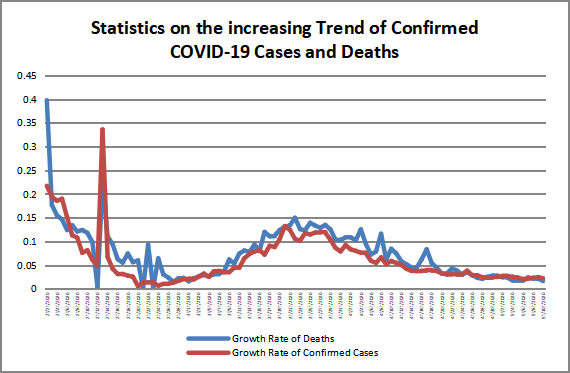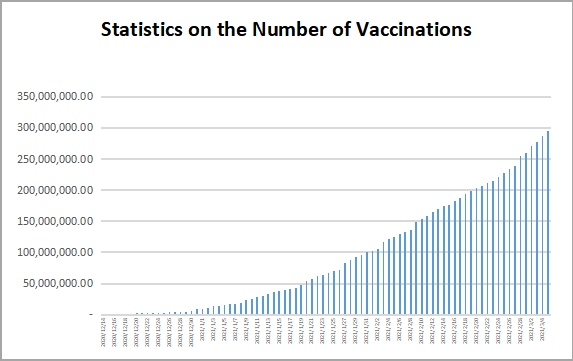IMF Analyzed Impact of the Conflict on World Economy, Alerting Global Economies
Time:2022/03/22 BJT
1. Key concerns
On March 15, 2022, the blog released by International Monetary Fund (IMF) explained and predicted the impact of the conflict in Ukraine on the global economy, and stated the conflict is a major blow to the world economy that will hurt growth and raise prices, alerting global economies.
According to the IMF Blog, the global economy will feel the slower growth and faster inflation in the future, and impacts will flow through three main channels. One, higher food and energy prices will push up inflation further which will in turn erode the value of incomes and weigh on demand. Two, neighboring economies in particular will grapple with disrupted trade, supply chains, and remittances as well as a historic surge in refugee flows. And three, reduced business confidence and higher investor uncertainty will weigh on asset prices, tightening financial conditions and potentially spurring capital outflows from emerging markets.
For Europe, the toll is already immense in Ukraine. Unprecedented sanctions on Russia will impair financial intermediation and trade, inevitably causing a deep recession there. The ruble’s depreciation is fueling inflation, further diminishing living standards for the population. European governments also may confront fiscal pressures from additional spending on energy security and defense budgets.
For the Caucasus and Central Asia, these neighboring nations will feel greater consequences from Russia’s recession and the sanctions. Close trade and payment-system links will curb trade, remittances, investment, and tourism, adversely affecting economic growth and inflation.
For Western Hemisphere, the adverse impact are mainly reflected in the higher Food and energy prices. High commodity prices are likely to significantly quicken inflation for Latin America and the Caribbean, and central banks of all economies may have to further defend inflation-fighting credibility. The US has few ties to Ukraine and Russia, diluting direct effects.
For Asia and the Pacific, spillovers from Russia are likely limited given the lack of close economic ties, but slower growth in Europe and the global economy will cause serious indirect effects on major exporters. For China, immediate effects should be smaller because of its fiscal stimulus and Russia buys a relatively small amount of its exported commodity and energy. Still, China has to face the challenges of higher commodity prices and weakening demand in big export markets.
“We live in a more shock-prone world,” IMF Managing Director Kristalina Georgieva recently told reporters at a briefing. “And we need the strength of the collective to deal with shocks to come.” While some effects may not fully come into focus for many years, there are already clear signs that the war and resulting jump in costs for essential commodities will make it harder for policymakers in some countries to strike the delicate balance between containing inflation and supporting the economic recovery from the pandemic. Economies need to take a proactive stance and unite in responding to the coming economic shocks.
2.Briefing on COVID-19 Pandemic(Issue No.184)
According to WHO statistics, calculated numbers of confirmed COVID-19 cases and deaths reached 458,479,635 and 6,047,653 by March 15, 2022. South Korea, Vietnam, Germany, Netherlands and France were the five countries (regions) with the highest number of new confirmed cases in the past seven days. The US, Russia, Brazil, Indonesia and Hong Kong SAR, China were the five countries (regions) with the highest number of new deaths in the past seven days.


https://covid19.who.int/
The WHO Technical Advisory Group on COVID-19 Vaccine Composition (TAG-CO-VAC) issued an interim statement on COVID-19 vaccines to help members respond to the circulation of the Omicron. Statistics from Our World in Data, an online research site of the University of Oxford, presented that 11,004,089,103 doses had been administered globally by March 14, 2022. On March 8, 2022, the TAG-CO-VAC issued an interim statement on COVID-19 vaccines, stating the global epidemiological situation of the COVID-19 pandemic, the targeted update needed to the current COVID-19 vaccines and its professional advice to all parties. Firstly, the TAG-CO-VAC states the current global epidemiological situation is characterized by rapid and relatively synchronous dominance of Omicron variant in all six WHO regions. Meanwhile, the epidemiological situation remains heterogeneous, with a number of regions and countries reporting increases in new weekly cases, while others are now reporting declines. The second is about the adjustment needed to the current COVID-19 vaccines. According to the TAG-CO-VAC, current vaccines are based on the ancestral virus that circulated early in the pandemic, and then there has been continuous and substantial virus evolution. The composition of current COVID-19 vaccines may therefore need to be updated. Lastly, the TAG-CO-VAC gives its advice on the development of COVID-19 vaccines. On one hand, the TAG-CO-VAC believed that it is necessary to improve the targeting of COVID-19 vaccines and the development of variant-specific candidate vaccines should focus on the WHO-designated Variants of Concern. On the other hand, the TAG-CO-VAC suggests COVID-19 vaccine manufacturers share more information to help the specific and effective development of the vaccines.

https://ourworldindata.org/covid-vaccinations
In terms of the restrictions taken by countries (regions), there are different levels of measures adopted against COVID-19. Most countries (regions) gradually relaxed their prevention measures while a small number of countries (regions) chose to maintain or upgrade their current restriction level. In America, the government of Ontario, Canada, announced on March 9 local time that the mask mandate will be largely lifted across the province from March 21, and all restriction measures are expected to be lifted by April 27. In Europe, Estonia announced on March 15 that it would relax its pandemic restriction measures by removing the requirement to present a "vaccination pass" and the night-time restriction requirement, but still maintains the mandatory indoors mask requirement. On March 14, the Spanish government announced that they would extend the existing entry restriction measures until the 20th of this month. It means that travellers from the countries placed on the risk list will still need to present a certificate or document proving vaccination, diagnostic test for active infection or recovery from COVID-19 to enter the country. The Finnish government announced that from March 14, passengers travelling to Finland on cruise ships from non-EU member states will be allowed to enter the country upon presentation of the certificate proving COVID-19 vaccination or proof of COVID-19 recovery. Previously, passengers travelling to Finland from a third country on a cruise ship were not allowed to enter the country even if they had the relevant certificate. In Asia, the Japanese government announced on March 15 that it would lift the state of emergency for the COVID-19 pandemic in Tokyo and is considering lifting all COVID-19 priority measures for on March 21, the date on which priority measures expire. The Korean government has announced that it will adjust its rule on quarantine exemption. For those who have completed the COVID-19 vaccination in Korea, they will be automatically exempt from quarantine since March 21. From April 1, people inoculated outside Korea will be able to submit the required records directly into the Q-Code system online and get exempted from quarantine.


